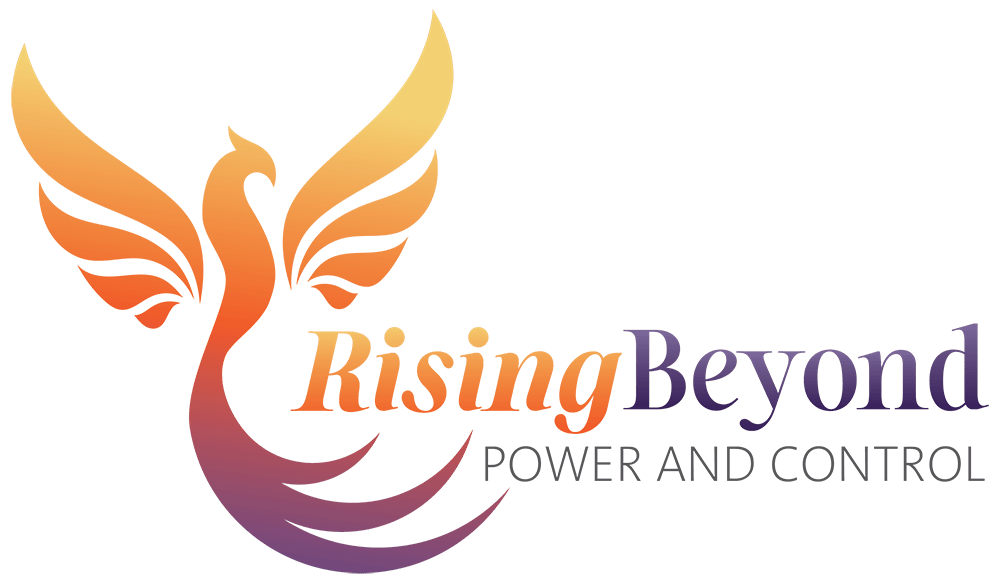Reshaping The Family Court System for Survivors of Narcissistic Abuse: Lessons from Lundy Bancroft8/15/2023
By Sybil Cummin, MA, LPC, ACS

In the high-stakes arena of family court, where the well-being of children should be in the forefront of everyone’s minds, survivors of domestic violence and narcissistic abuse are often ignored or even punished for trying to protect their children.
Navigating legal proceedings with an abusive ex can feel like an endless battle. In Episode 60 of The Rising Beyond Podcast, Beyond Legislation: Reshaping Family Court with Lundy Bancroft, our expert guest shines a spotlight on the systemic challenges and the potential pathways to a reformed family court that truly protects the vulnerable. There are so many lessons that we can take away from this episode that features Lundy Bancroft, a leading authority on interventions for abusive men and passionate advocate for women survivors. I wanted to give you all the “Cliffs Notes” version of the top three takeaways that promise to reshape your understanding of family law, advocacy, and healing.
0 Comments
By Sybil Cummin, MA, LPC, ACS  Do y’all remember that ridiculous spectacle of Charlie Sheen where he basically coined the term “Winning!” It shined a spotlight on his mental health state and was also annoying in my opinion. And it feels remarkably similar to how a narcissistic ex acts after the relationship has ended and they have found ways to manipulate the family court system. So, what does it mean in your ex’s world to win?
The difficult part about this entire situation is that the way that our family court system is set up allows and actually seems to encourage these behaviors. By Sybil Cummin, MA, LPC, ACS  In an ideal world, co-parenting would be a great idea. You would be able to discuss your concerns respectfully and keep the children's best interest at the heart of every decision. Although you might disagree on some things, you could have trust that your ex is coming from a place of authenticity and genuine care for your children. You would NOT feel anxious any time you received a text, email, or call. But, really? With this guy? Co-parenting? Ok ok, all jokes aside. You are in it and have to figure this out. So let's take a look at what is in the best interests of your kiddos, what is in your best interest, and what is in the best interest of your ex. By Sybil Cummin, MA, LPC, AC  What?!?!?! You’ve got to be kidding me?!?!?! My ex has won over and over again. No accountability. The smear campaigns and false allegations against me (even on the stand), and you are telling me to let him win?!?! If you are thinking that we can’t be friends anymore, let me explain. When you are going through a “high conflict” divorce with an abusive ex, I’m sorry to tell you that it is going to be a battle. A long one at that. And for most survivors of abuse, it feels like you are doing everything just to keep your head above water day in and day out. There is nothing fair about this situation. Nothing. So, what can you do to get to shallow enough water to stand up for yourself and your children? By Sybil Cummin, MA, LPC, ACS  1. Taking Control of the Timeline of the Case If your client is hesitant or fearful to testify, their abuser knows it. How can the abuser use this to their advantage? They can use different tactics to continue the case. Some of these cases take over a year for the jury trial to occur, forcing your client to show up to court each time, experiencing all of the anxiety that occurs with this, only to find out that the case will be continued for another 6-8 weeks. This can happen numerous times for numerous reasons. This also effects other potential witnesses. By Sybil Cummin, MA, LPC, ACS Note: While the statistics show that males perpetrate violence towards females at a much higher rate, women can also perpetrate domestic violence.  While our family court systems say their decisions are based on the best interests of the children, the evidence proves otherwise. Research suggests that in an estimated 30 to 60 percent of the families where domestic violence is identified, some form of co-occurring child maltreatment is also present (Children’s Hospital of Philadelphia Center for Injury Research and Prevention). One North American study found that children who were exposed to domestic violence were 15 times more likely to be physically and/or sexually abused than the national average (Volpe, 1996). And yet, domestic violence is not a major factor in determining who has access to unsupervised time with the children. I have several clients who have shared that attorneys have told them NOT to say anything about their experiences of domestic violence during family court proceedings as there are typically WORSE outcomes regarding parenting time and decision making for those who report the violence they have experienced. And as I talk with other professionals working with victims of domestic violence, this is not a small issue that is isolated to my community. Talking about domestic violence is considered the “kiss of death” by many family court attorneys. |
AuthorSybil Cummin, MA, LPC, ACS, is a Licensed Professional Counselor who specializes in working with victims and survivors of narcissistic abuse. Archives
July 2024
Categories
All
|
About |
Resources |
Member Content
|
The content on this website is meant for informational and educational purposes only and is not intended to substitute medical or mental health diagnosis or treatment. Rising Beyond Power and Control also differentiates between coaching services and counseling services. You can read our full Disclaimer here.

 RSS Feed
RSS Feed
